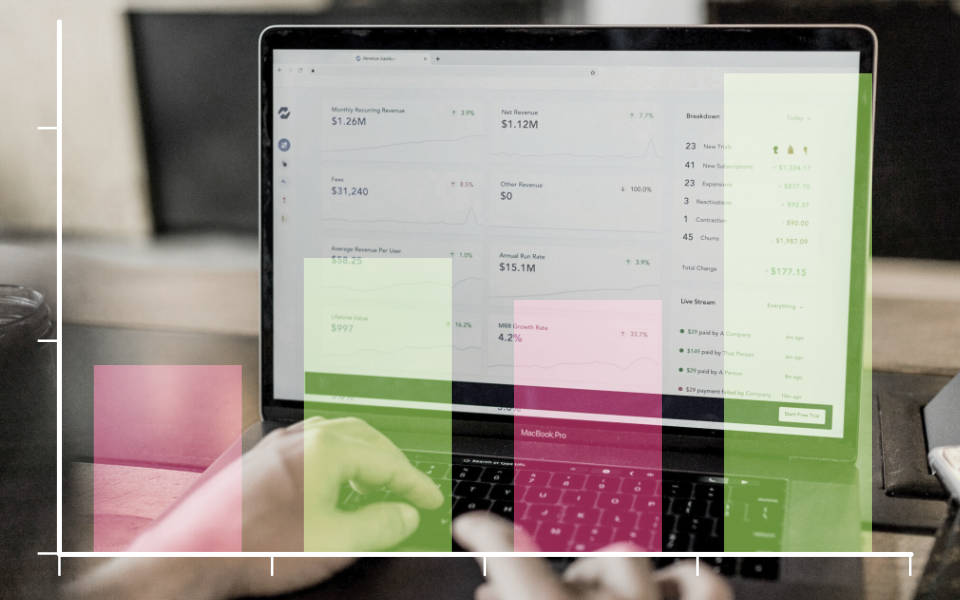The retail stockbroking industry has undergone a marked evolution in recent decades, moving from a human-to-human, relationship-led model, to one that is being increasingly defined by a digitally native, end-to-end trading experience, delivered via a mobile app.
In more recent years, a combination of: (1) greater convenience; (2) lower financial barriers; (3) the Covid-19 pandemic; (4) dovish central banks; and (5) a mindset shift, has driven a growing number of retail investors to throw their hat into the ring. In Asia-Pacific (“APAC”) alone, we forecast 579 million people will have a brokerage account set-up by 2025, growing at a compound annual growth rate (“CAGR”) of 10% between 2021-25. While this may appear to be welcome news for the wider industry, the rising wave of online retail participation poses an existential threat to retail brokers that service customers via more traditional relationship manager (“RM”) channels, many of whom are currently illequipped to capture a burgeoning online trading revenue pool, which we forecast to grow at a CAGR of 9.4% to USD 5.8 billion in APAC by 2025 (and to USD 10.6 billion globally).
In response to such developments, a growing number of traditional brokers are attempting to shield themselves from the onslaught of digital disruptors by offering extensive fee reductions and/or lowering their minimum investment requirements. Some firms are also shifting towards a more institutional broking proposition, while others are seeking to capture economies of scale via mergers and acquisitions (“M&A”).
We see these efforts as little more than shortterm patchwork that fails to address a more fundamental shift in customer preferences in today’s digital age. While some traditional brokers have indeed opted to digitally transform themselves in response to these headwinds, many are struggling to keep pace with their technologically savvy rivals.
To remain viable in the years ahead, we believe traditional brokers need to digitally reinvent their business model across the entire customer value chain. To succeed, these changes need to be supported by various operational enablers, the most important of which include:
(1) talent management;
(2) technological capability;
(3) risk management;
(4) regulatory compliance; and
(5) data management.
With an estimated two-thirds of traditional brokers anticipated to close shop or embark on their own digital transformation journeys – to varying levels of success – over the next six years, we believe it is time for traditional brokers to consider Going For Broke








